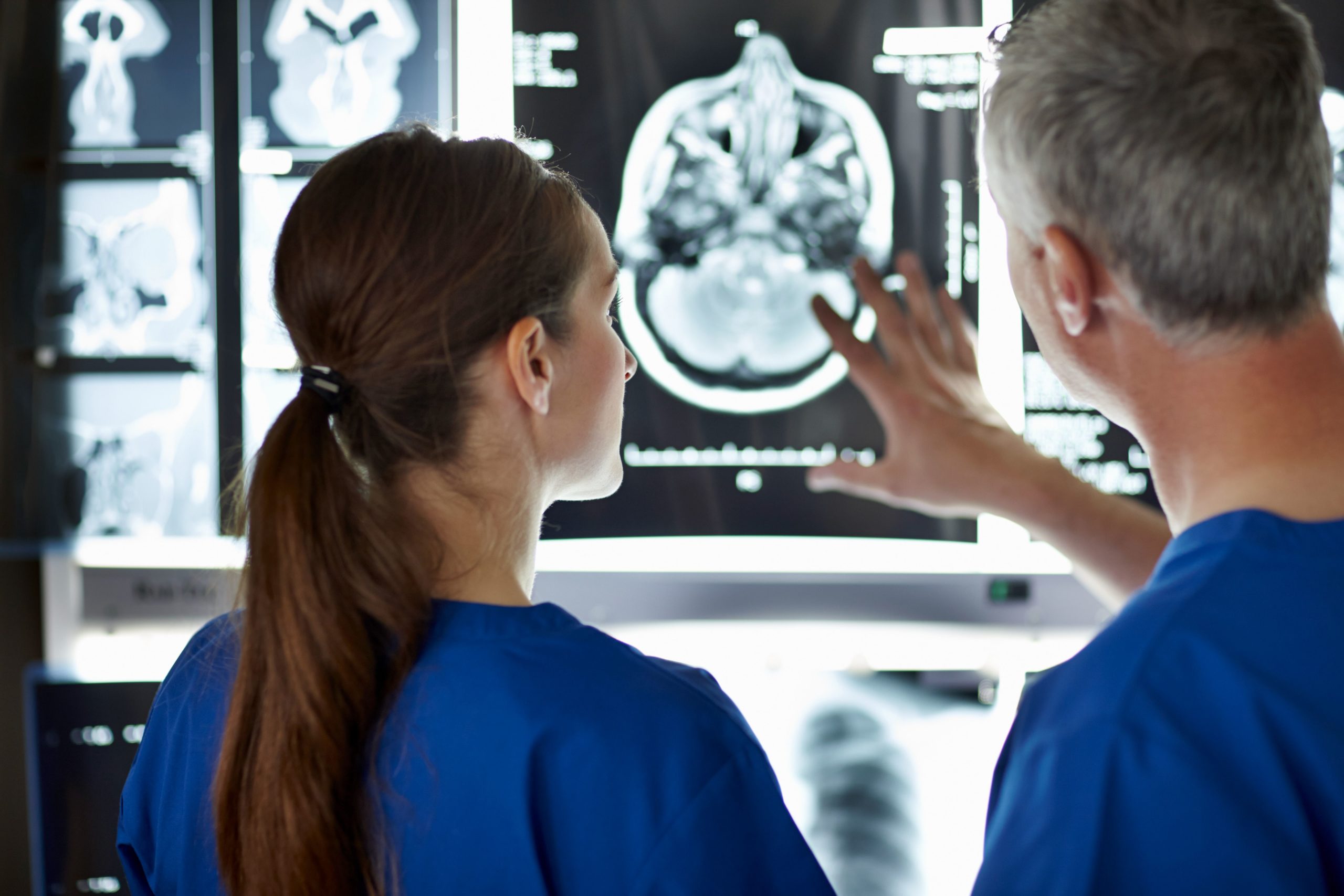What are neurodegenerative diseases?
The causes of neurodegenerative diseases are not fully understood, but they may involve genetic, environmental, and lifestyle factors. Some of the possible mechanisms that contribute to neuronal damage and death include protein misfolding, oxidative stress, inflammation, mitochondrial dysfunction, and impaired autophagy. There is no cure for neurodegenerative diseases, and the available treatments mainly aim to relieve symptoms and slow down disease progression.
Neurodegenerative diseases pose a major challenge for public health and society, as they affect millions of people worldwide and impose a heavy burden on patients, caregivers, and health systems. The prevalence of neurodegenerative diseases is expected to increase in the future, due to the aging of the population and the lack of effective therapies. Therefore, there is an urgent need for more research and innovation to understand the pathogenesis, diagnosis, prevention, and treatment of these devastating conditions.
Can acupuncture help with nerve degeneration?
There is scientific evidence to support the effects of acupuncture on nerve degeneration. For example, a review of studies published in Neural Regeneration Research1 found that acupuncture caused injured lower and upper limb motor nerves to repair in 80% of patients with nerve injuries. A recent study has been published in the National Library of Medicine2 showcasing the efficacy of acupuncture on the acceleration of neural regeneration. Another review of studies published in SpringerLink3 examined the effects of different types of stimulation (traditional acupuncture, electro-acupuncture, or stem cell transplantation as an adjuvant therapy) on promoting repair following peripheral nerve damage caused by various conditions. The authors concluded that acupuncture has a positive effect on nerve regeneration, but the mechanisms and optimal parameters need further investigation.
Another study has been published, that is focused on the neuroprotective and neural circuit mechanisms of acupoint stimulation for cognitive impairment. The article reports the results of a clinical trial that investigated the effects of acupuncture on patients with peripheral nerve injuries in the upper and lower limbs. The trial involved 60 patients who were randomly assigned to either an acupuncture group or a control group. The acupuncture group received electroacupuncture at specific acupoints, while the control group received sham electroacupuncture at non-acupoints. The treatment lasted for 12 weeks, and the patients were evaluated before and after the treatment using electromyography (EMG), a test that measures the electrical activity of muscles and nerves. The results showed that the acupuncture group had significantly improved nerve conduction and muscle strength compared to the control group. The authors concluded that acupuncture can effectively repair injured motor nerves and restore motor function in patients with peripheral nerve injuries4.
Conclusion
Acupuncture is a promising and natural way to help with nerve degeneration, but it is not a miracle cure. It may take several sessions and a long-term commitment to see noticeable results. Acupuncture may also work better when combined with other therapies, such as physical therapy, massage, herbal medicine, diet, and lifestyle changes. Acupuncture can help you cope with the symptoms and improve your quality of life, but it cannot reverse the underlying cause of nerve degeneration. Therefore, you should always seek professional medical advice and treatment for your condition, and use acupuncture as a supportive measure.


